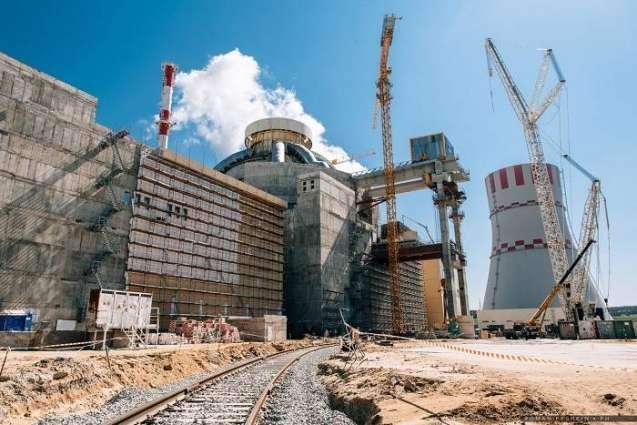The High-Technology Research Institute of Inorganic Materials named after Academician A.A. Bochvar, which is a part of the TVEL Fuel Company of Russia's nuclear corporation Rosatom, is working on a new type of the so-called accident-tolerant fuel, whose use is supposed to enhance the safety of nuclear power plants (NPPs), the general director of the institute told Sputnik on Thursday
MOSCOW (Pakistan Point News / Sputnik - 28th February, 2019) The High-Technology Research Institute of Inorganic Materials named after Academician A.A. Bochvar, which is a part of the TVEL Fuel Company of Russia's nuclear corporation Rosatom, is working on a new type of the so-called accident-tolerant fuel, whose use is supposed to enhance the safety of nuclear power plants (NPPs), the general director of the institute told Sputnik on Thursday."Dense uranium silicide [accident-tolerant] fuel is of particular interest [for the institute]. We are planning [to carry out] a comprehensive work to develop it and start pre-reactor tests of fuel tablets in 2020," Leonid Karpyuk said.
In late January, the TVEL Fuel Company announced that the first Russian-made experimental nuclear assemblies, based on accident-tolerant fuel, had been loaded for testing into the water loops of a research reactor at the State Research Institute of Atomic Reactors in Russia's Dimitrovgrad.
"[These tests] will last for three years. Then the results will be examined. The results of reactor tests could change the outcome of the ongoing studies [related to accident-tolerant fuel]," Karpyuk noted.
This work is part of the Russian company's project to develop accident-tolerant fuel to help avert accidents similar to the 2011 Fukushima nuclear disaster, and bring the fuel to market.
In March 2011, a 9.0-magnitude offshore earthquake triggered a 46-foot tsunami that led to the accident at Japan's Fukushima nuclear plant and its subsequent shutdown. The accident is considered to be the world's worst nuclear disaster since Chernobyl in 1986.




